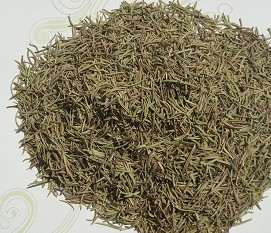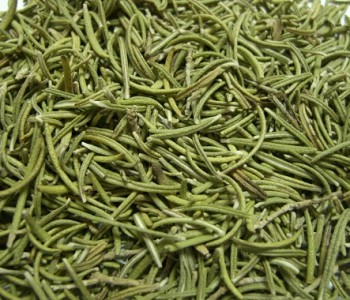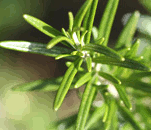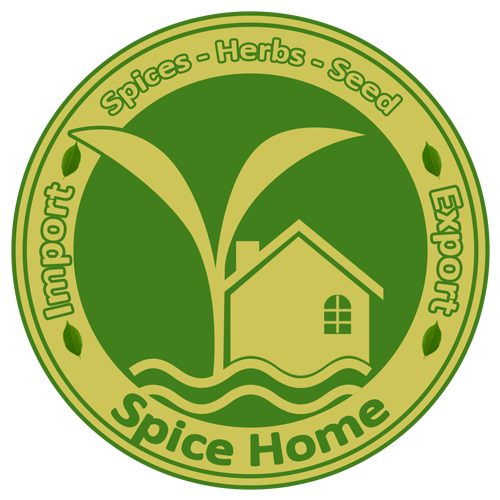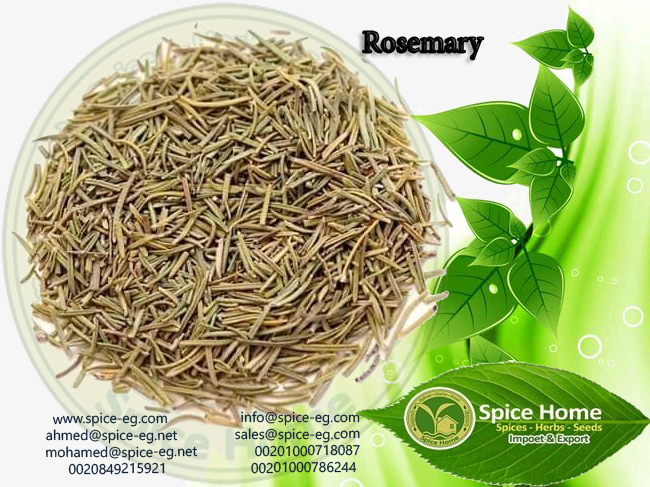
Rosmarinus officinalis
Rosemary
| Botanical Name | ( Rosmarinus Officinalis ) |
| Available Form: | Rosemary Standard Cut |
| Season: | Available all the Year |
| Packing: | In bags 25 KG Net weight. |
Annual production capacity : 100 Ton
Storage conditions: Store in a cool dry place at temperature above 20 ° C and relative humidity 75%.
Storage conditions: Store in a cool dry place at temperature above 20 ° C and relative humidity 75%.
benefits of Rosemary
Rosemary benefits
Health benefits of Rosemary herb
Rosemary leaves contain certain phyto-chemical (plant derived) compounds that are known to have disease preventing and health promoting properties.
The herb parts especially flower tops contain phenolic anti-oxidant rosmarinic acid as well as numerous health benefiting volatile essential oils such as cineol, camphene, borneol, bornyl acetate, α-pinene etc. These compounds are known to have rubefacient (counter-irritant), anti-inflammatory, anti-allergic, anti-fungal and anti-septic properties.
Rosemary leaves provide just 131 calories per 100 g and contains no cholesterol. Apart from nutrients, this humble herb contains many noteworthy non-nutrient components such as dietary fiber (37% of RDA).
The herb is exceptionally rich in many B-complex group of vitamin, such as folic acid, pantothenic acid,pyridoxine, riboflavin. It is one of the herbs contain high levels of folates; providing about 109 mcg per 100 g (about 27% of RDA). Folates are important in DNA synthesis and when given during peri-conception period can help prevent neural tube defects in the newborn babies.
Rosemary herb contains very good amounts of vitamin A, 2924 IU per 100 g; about 97% of RDA. A few leaves a day in the diet, would contribute enough of this vitamin. Vitamin A is known to have antioxidant properties and is essential for vision. It is also required for maintaining healthy mucus membranes and skin. Consumption of natural foods rich in vitamin A is known to help body protect from lung and oral cavity cancers.
Fresh rosemary leaves are good source of antioxidant vitamin; vitamin-C containing about 22 mg per 100 g, about 37% of RDA. The vitamin is required for the collagen synthesis in the body. Collagen is the main structural protein in the body required for maintaining the integrity of blood vessels, skin, organs, and bones. Regular consumption of foods rich in vitamin C helps body protect from scurvy; develop resistance against infectious agents (boosts immunity) and help scavenge harmful, pro-inflammatory free radicals fro the body.
Rosemary herb parts, whether fresh or dried, are rich source of minerals like potassium, calcium, iron, manganese, copper, and magnesium. Potassium is an important component of cell and body fluids, which helps control heart rate and blood pressure. Manganese is used by the body as a co-factor for the antioxidant enzyme, superoxide dismutase.
This herb is an excellent source of iron, contains 6.65 mg/100 g of fresh leaves (about 83% of RDA). Iron, being a component of hemoglobin inside the red blood cells, determines the oxygen carrying capacity of the blood.
Specification
Physical / Microbiological Analysis
Physical characteristic |
|
|---|---|
|
Colour |
Green |
|
Aroma |
Grassy and herbaceous |
|
Flavour |
Characteristic flavour |
|
Aspect |
Dried leaves of Rosmary |
|
Particle Size |
3-5 mm |
Microbiological analysis |
|
|---|---|
|
Salmonella |
Not detected in 25g |
|
Escherichia Coli |
Absent |
|
YEAST/MOULD (CFU into 1g no more than) |
0,10 x 103 |
Chemical analysis
Chemical analysis |
|
|---|---|
|
Moisture % |
12.00 |
|
Extraneous Matter % |
Absent |
|
Living & Dead Insects % |
Absent |
|
Mineral Dirtines Contents % |
Absent |
|
Organic Dirtines Contents % |
Absent |
|
Allergens material |
It Does‘t contain |
|
Metal particles % |
Absent |
|
Pesticides Residues |
Meet EU Regulations |
|
Heavy metals (Sr, Sс) |
Absent |

